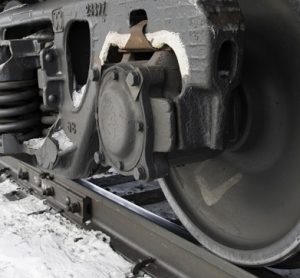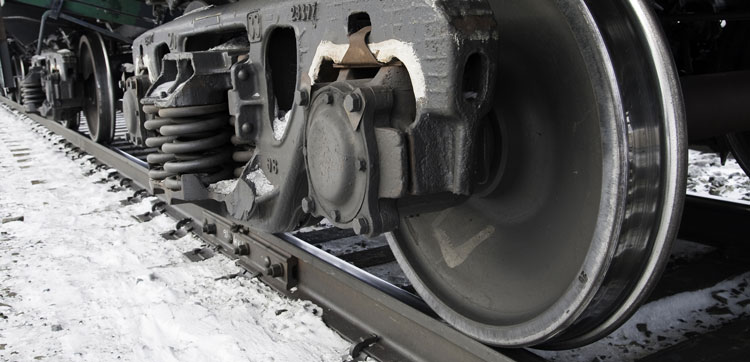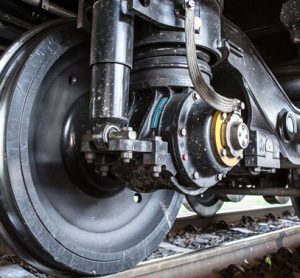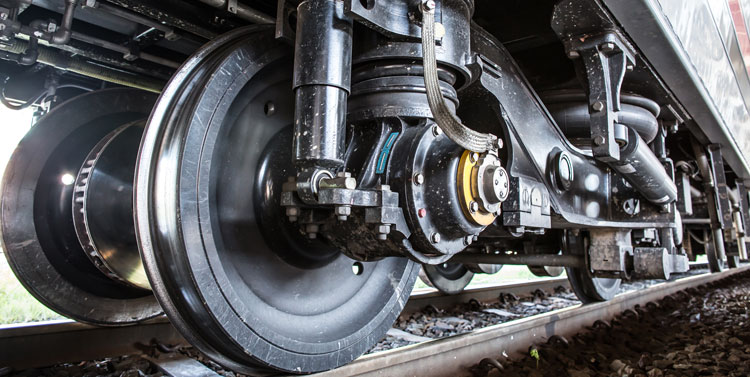GSM-R in 2008 – continuing the success story
27 September 2008 | By Dan Mandoc, Charge de Mission GSM-R Infrastructure Department & Klaus Konrad, Project Manager, ERTMS/GSM-R, UIC
Over the last few years, we have tried to give you an update about the GSM-R situation in and outside of Europe. In 2007, the implementations of GSM-R have already shown that GSM-R has become a success story, even if it could have been developed faster.






